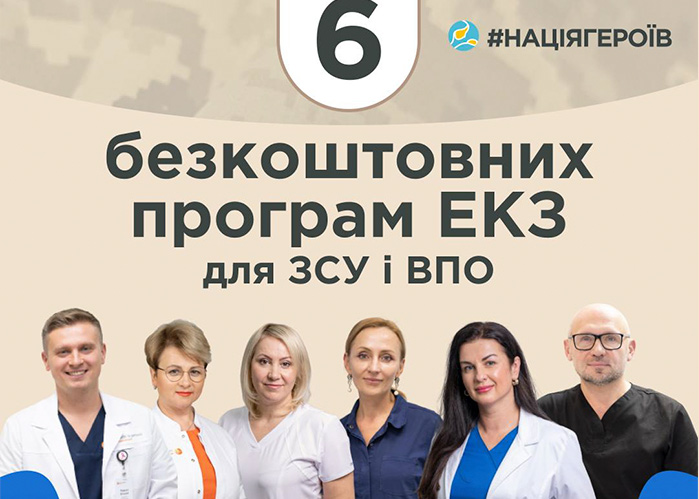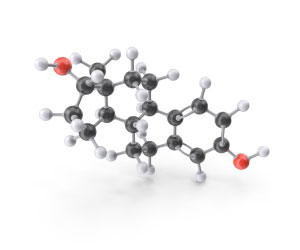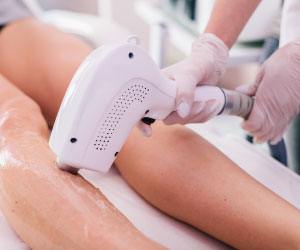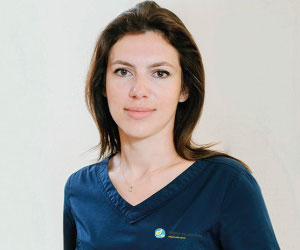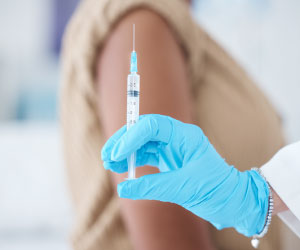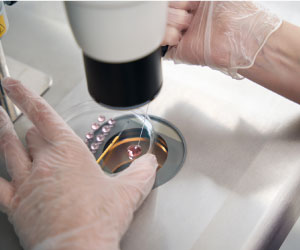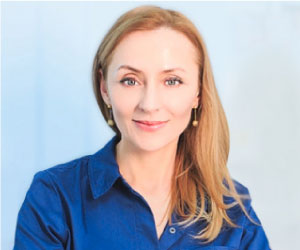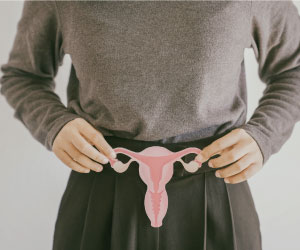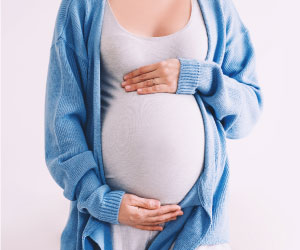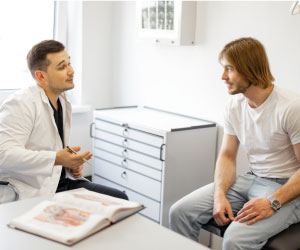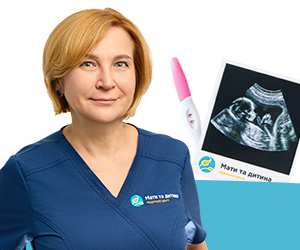Karyotype
What is a karyotype?
A karyotype is a complete set of chromosomes in a cell. A karyotype is also called a visual presentation of a chromosome set: chromosomes isolated from a cell, organized according to a certain classification scheme, so that it is easy to detect and evaluate their qualitative or quantitative deviations.
Karyotyping is a laboratory study that allows the karyotype to be displayed and analyzed.
Chromosomes and chromosomal abnormalities
An individual's karyotype is established at conception and remains unchanged throughout life. It is represented by 23 pairs of chromosomes, i.e. 46 chromosomes. Of them, 44 are paired chromosomes (22 pairs), which are called autosomes, and 23 pairs are sex chromosomes. In women, they are homogametic, these are two X-chromosomes. In men, they are heterogametic, one chromosome is X, the other is Y.
Chromosomes contain genes, which are the carriers of hereditary information, the information according to which the human body is built. Any changes in the chromosomes number and their structure can cause deviations in the structure of the human body. The degree and severity of the changes depend on the specific chromosome or specific genes. Example:
- Down syndrome - the karyotype instead of two 21 chromosomes contains three, this is the so-called trisomy of 21 chromosomes. In total, there are 47 chromosomes instead of 46.
- Patau syndrome - the karyotype also contains 47 chromosomes, this time three 13..
- Edwards syndrome is a trisomy on chromosome 18.
- Turner syndrome — a woman has 45 chromosomes instead of 46, one X chromosome is missing.
- Klinefelter's syndrome is polysomy (two, three or more) of the X chromosome in men.
- Lejeune syndrome, or cat’s cry syndrome - deletion of the short arm of chromosome 5 (deletion - absence of a chromosome section).
- Prader-Willi syndrome is the absence of a paternal copy of chromosome 15.
- Tangier's disease is a duplication (doubling) of the 9th chromosome section.
- Cystic fibrosis is a mutation of one of the genes of the long arm of chromosome 7, received from both parents.
In isolated cases, errors sneak into the genetic material in the process of division after fertilization of the egg, at an early stage of embryo development. Then, although the chromosomal set of all cells is the same, some of them have a mutation, while others do not. This form of chromosomal abnormality is called mosaic. In this case, the symptoms of genetic pathology will be barely noticeable, and sometimes completely invisible.
Karyotype: analysis
The entire human body develops as a result of the fusion of two cells - maternal and paternal. When a fertilized egg cell begins to divide, its chromosome set is copied for each new cell. Thus, the cells receive the same genetic material. Therefore, any living tissues of the body are suitable for genetic tests. Blood, bone marrow, skin, and mucous membrane cells are usually used. For fetal karyotyping, umbilical cord blood, placenta or amniotic fluid is used. Both the placenta and the umbilical cord develop from the same two cells as the fetus, so they contain the same chromosome set, and the sloughed-off fetal cells float in the amniotic fluid.
In the laboratory, in the cell division processing, cells are processed, chromosomes are isolated from them, they are stained and sorted. After that, the structure is calculated and studied. Chromosomes are painted unevenly, light and dark bands are visible on them. Light areas are called euchromatin, they contain active genes. Dark areas are heterochromatin, they are required for normal chromosome structure and transcription (reading) of genes.
When karyotyping is indicated
Karyotyping is an analysis used to diagnose a fetus if there is reason to suspect that it has chromosomal abnormalities. Such grounds may appear as a result of fetal screening. Screening is a fetal examination that all women undergo during pregnancy, at the end of the first and second trimester. It includes ultrasound and several biochemical tests. If they have abnormalities, genetic testing is recommended.
If a child was born with a chromosomal abnormality or if there are other cases of chromosomal pathology in the family, karyotyping will help parents determine the degree of risk of hereditary diseases for future children.
Karyotyping of the couple helps to identify genetic causes of infertility and habitual miscarriage. For example, the cause may be Klinefelter's mosaic syndrome - when an outwardly ordinary man actually has trisomy or polysomy of the X chromosome, one of the manifestations of which is sterility.
Due to the improvement of karyotyping, computer processing of the karyotype, it is now possible to test cells for more than 200 diseases caused by gene and chromosomal abnormalities. Many people undergo such study at will without medical indications. Keeping in view future parenthood, they want to make sure there is no cause for concern or detect abnormalities in time. This can be of great benefit. For example, if a hereditary pathology is detected, a person will know in advance about the risk of having a seriously ill child. Then she can make a decision, for example, about IVF using a donor cell to give birth to a healthy baby.








